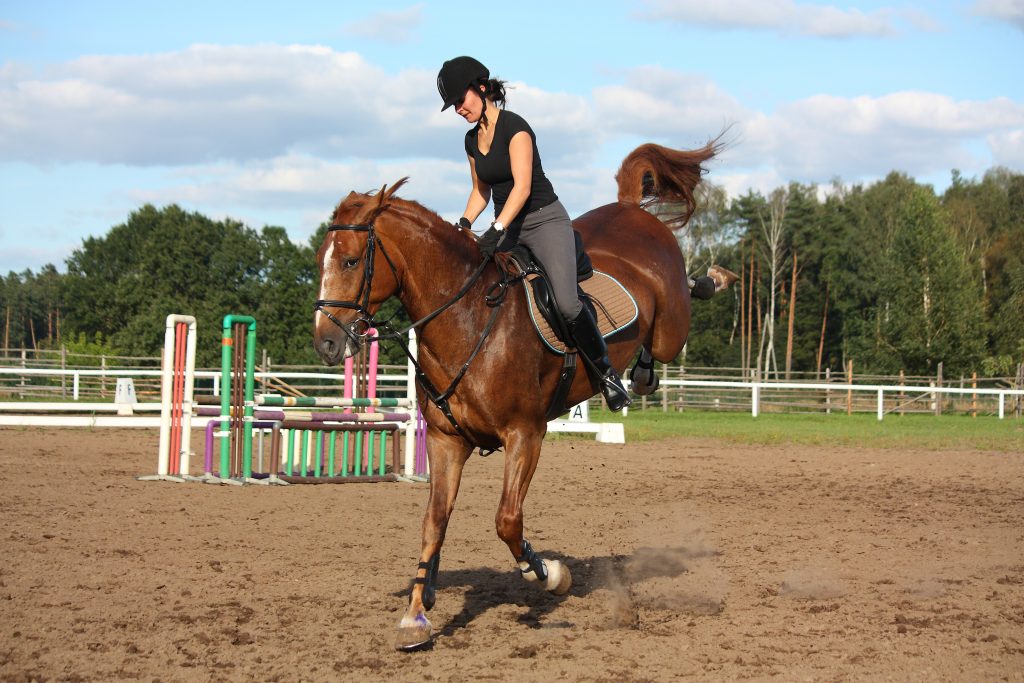Advice and Information
Euthanasia for Horses
By Dr Callum Macleod-Andrew, BSc BVSc MRCVS of Stride Equine Vets
Sometimes we are faced with the need to intentionally end a horse’s life to relieve suffering or prevent an unacceptable quality of life. We know and understand that this is a deeply emotional topic, and we strive to offer compassionate and supportive care for both our clients and their horses during this difficult time.
We recommend that owners establish a preferred plan in advance for potential emergency situations. This helps prevent rushed decisions during already challenging times. It’s important to inform everyone involved, including your yard manager and our team at Stride Equine, ahead of time.
Who makes the decision and why?
While it is an emotionally difficult decision, euthanasia is sometimes the most compassionate option when a horse is facing irreversible illness, injury, or chronic (long-term) pain that cannot be managed or treated effectively.
Our primary obligation is to relieve the suffering of the animal. The decision to follow this option will be based on an assessment of many factors, not only of the animal’s condition, but also the owner’s wishes and circumstances.
These may include the extent and nature of the disease or injuries, other treatment options, the prognosis and potential quality of life after treatment, the availability and likelihood of success of treatment, the animal’s age and/or other disease/health status and the ability of the owner to pay for necessary treatment.
Stride Equine Vets follow the Code of Professional Conduct for Veterinary Surgeons set down by our regulator, the Royal College of Veterinary Surgeons (RVCS). We will always act humanely, ethically, and safely.
What are the common reasons for Euthanasia?
- Severe Injury: Untreatable traumatic injuries like fractures or tendon ruptures that cause prolonged suffering. In some cases, the cost and complexity of treatment are prohibitive, and the horse’s chances for a pain-free recovery are minimal.
- Chronic Pain/Debilitating Disease: Conditions like severe arthritis, laminitis, or neurological diseases causing unmanageable pain or reduced quality of life.
- Severe Colic: Cases where medical treatment or surgery is unlikely to succeed, leading to unbearable or uncontrollable pain.
- Old Age and Health Deterioration: Age-related decline causing chronic illness, weight loss, or mobility issues.
- Behavioural/Mental Decline: Severe behavioural issues or mental health conditions that compromise the horse’s welfare or safety.
- Economic/Ethical Considerations: Financial constraints or poor prognosis making long-term treatment unsustainable.


What is the procedure?
The two primary methods are lethal injection and, in some situations, gunshot or penetrating captive bolt, although the latter are only used in certain circumstances, such as emergencies or when no veterinary assistance is available. At Stride Equine Vets we will always recommend lethal injection as the preferred method. The process is as follows:
In most cases, the horse is first sedated to help them relax and reduce stress. This ensures that the horse remains calm and peaceful. An intravenous catheter is typically placed, and the horse is then administered an overdose of anaesthetic drugs through injection. The horse will lose consciousness and gently collapse, with death occurring shortly after.
Reflexive muscle twitches may happen after the horse loses consciousness, and our vet will support and guide you through the process if you choose to be present.
You will also have to decide how you want to dispose of the body. You can discuss the options with your vet and, ideally, consider this as part of your plan.
Emotional Impact on Owners
The decision to euthanise a horse can be emotionally overwhelming for owners, as horses often become part of the family. It’s important for owners to recognise that choosing euthanasia to prevent suffering is an act of compassion, even though it is difficult.
It is natural to grieve after losing a horse, and seeking support from friends, family, or equestrian communities can help owners through the process.

Call to ask any question
01420 551 365
Equine Services
Your Trusted Equine Partner
Expert veterinary care for horses in Surrey, Hampshire and the surrounding areas.

